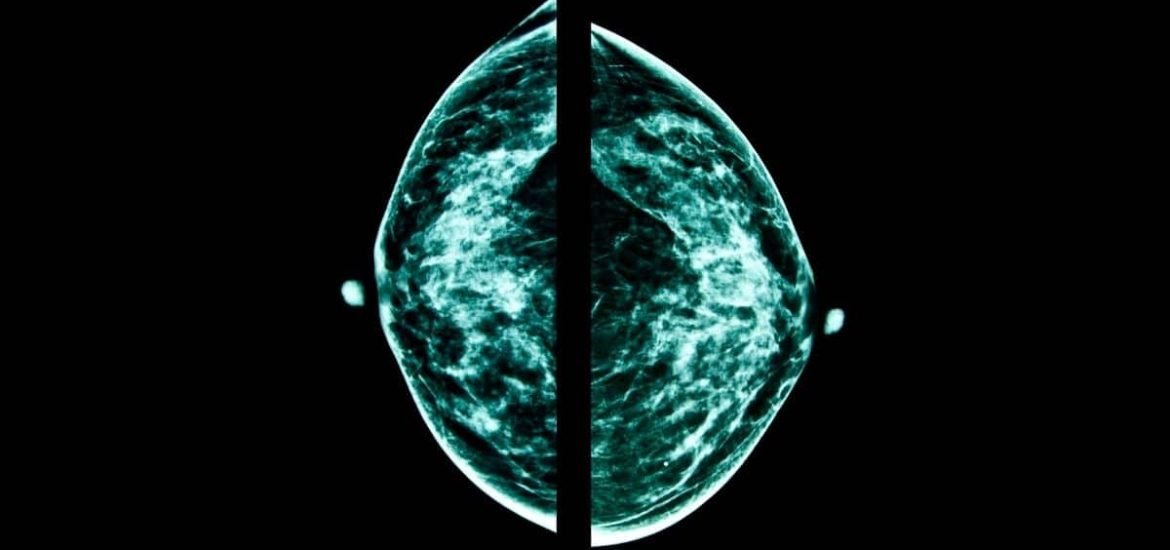
Artificial intelligence (AI) could improve the accuracy of breast cancer screening, according to a new paper published this month in Nature (1). The AI system appeared to outperform expert radiologists in accurately interpreting mammograms — the X-rays routinely used to check for breast cancer — and reported fewer false positives.
Breast cancer affects around 2.1 million women each year and is responsible for the greatest number of cancer-related deaths among women, according to the World Health Organization (WHO). Early detection is key to successful treatment, which is why women over the age of 50 in many countries are regularly tested even if there is no sign of the disease. Nevertheless, false positives can be highly distressing and false negatives — which account for around 20 per cent of cases — can be catastrophic.
The new AI tool was developed by researchers at Google Health and UK-based DeepMind, a subsidiary of Google and the algorithm was trained using more than 90 000 mammograms from women in the UK and US. All scans were de-identified by removing any personal data like names and birth dates, making the patients totally anonymous. The algorithm was then tested using a completely different set of scans from several thousand women.
The results: false positives were reduced by 5.7 per cent for the US dataset and 1.2 per cent for the UK; false negatives decreased by 9.4 per cent in the US and 2.7 per cent in the UK.
The AI system was also pitted against the historical decisions of six expert radiologists in a controlled study using 500 randomly selected cases. Impressively, the AI outperformed the decisions of both the radiologists who initially assessed the mammograms and those who interpreted them.
The large scale of the study is what makes the results so convincing and the technology so promising. However, detecting cancer is a complex process and AI will certainly not be replacing radiologists anytime soon, the authors emphasise. While the AI system detected breast cancer that the human experts missed, expert radiologists also sometimes identified the disease in cases that would have gone unnoticed by the algorithm.
As Dr Daniel Tse, co-author and product manager at Google, explains: “There are things that these models and technology are really good at, and there are things that radiologists, who spend their whole lives doing this, are really good at”.
The researchers do not believe AI tools like this are ready to be used alone. Instead, the authors hope the two might someday complement each other. The AI system could be used as a ‘second option’ to improve the accuracy of mammogram screenings. Or even partially replace the need for a second reader to help manage the current shortages of radiologists, particularly in the UK.
The Google algorithm is still in its early stages of development and the researchers are keen to see how the tool will work with current patients and not just retrospective, historical data. Moreover, the algorithm was only tested with scans using two types of mammography system from a single manufacturer. But there are many different mammography technologies currently in use. Therefore, clinical trials will be needed to further assess the usefulness of the tool in practice and in more diverse real-world conditions.
(1) McKinney, S.M. et al. International evaluation of an AI system for breast cancer screening. Nature (2020). DOI: 10.1038/s41586-019-1799-6
Let’s not forget the real big picture behind the large global mass media dissemination blast of this so-called study. Mammograms should be abolished for NUMEROUS scientifically solid reasons despite the MISLEADING concept of better diagnosis pushed by the highly profiteering corrupt corporate medical industry (which google is part of because it founded “Calico”, is a stakeholder in “One Medical”, etc) — read the books: ‘Mammography Screening: Truth, Lies and Controversy’ by Peter Gotzsche and ‘The Mammogram Myth’ by Rolf Hefti